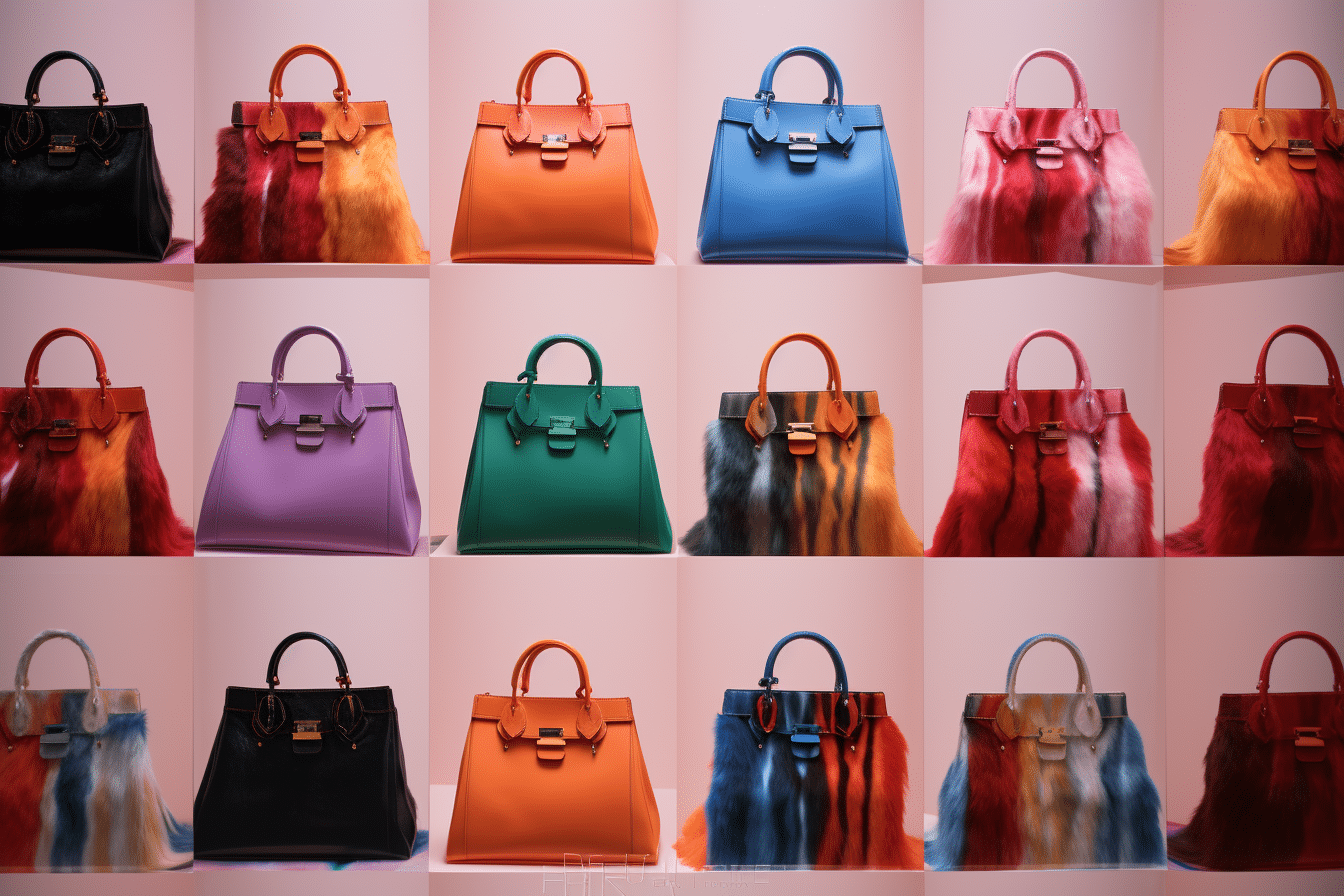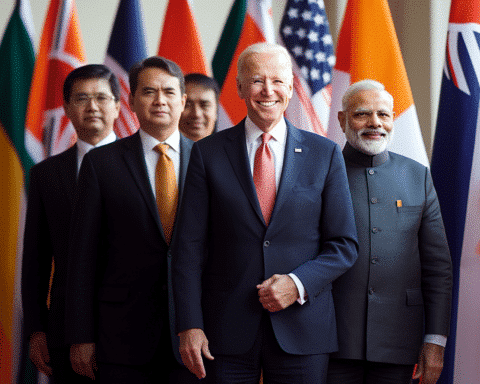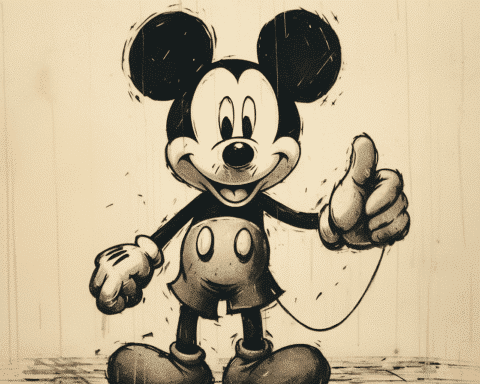A jury in Manhattan ruled that the NFT renditions of Hermes’ iconic Birkin bags by an artist breached the trademark rights of the esteemed French brand.
In what’s among the pioneering intellectual property cases concerning the increasingly popular digital tokens known as NFTs, the jury determined that Mason Rothschild’s unsanctioned “MetaBirkins” might mislead consumers.
Hermes was granted $133,000 in damages for trademark infringement, dilution, and cybersquatting by the US District Court for the Southern District of New York.
Expressing dismay over the verdict, Rothschild’s lawyer, Rhett Millsaps, remarked that it was a “dark day for artistic freedom and the First Amendment.” Hermes’ representatives remained silent post-verdict, not providing any immediate comments.
The legal proceedings have garnered attention for shaping the understanding of how trademarks interact with NFTs. NFTs are distinct tokens on blockchain platforms primarily utilized to authenticate digital art ownership.
Renowned for their luxury, Hermes’ Birkin leather handbags often come with a price tag in the tens of thousands. In the US alone, sales of Birkins have surpassed $1 billion, with over $100 million sold in the last decade, as highlighted in court records.
Last year, Rothschild faced legal action from Hermes and was linked with the digital representation of the bags adorned in vibrant fur through his 100 NFTs named MetaBirkins. Hermes labeling Rothschild as a “digital opportunist” and his NFT venture as a quick money-making endeavour, revealed that Rothschild launched these NFTs at the Art Basel art event in Miami in December 2021. By the next month, they were trading at a cumulative value exceeding $1 million.
In a court document, Hermes also mentioned their intention to venture into the NFT domain, a move they believe Rothschild impeded.
However, Rothschild, legally known as Sonny Estival, contended that his creations were a satirical commentary on luxury items and should be shielded from legal repercussions due to First Amendment rights for artistic expression.
The outcome of this lawsuit not only emphasizes the evolving intersection of traditional trademarks and the nascent world of digital art but also sets a precedent for how intellectual property might be perceived in the realm of NFTs. As both artists and luxury brands venture further into this digital frontier, the boundaries of creativity and commercial rights will continue to be tested, requiring both sides to navigate with caution and foresight.





